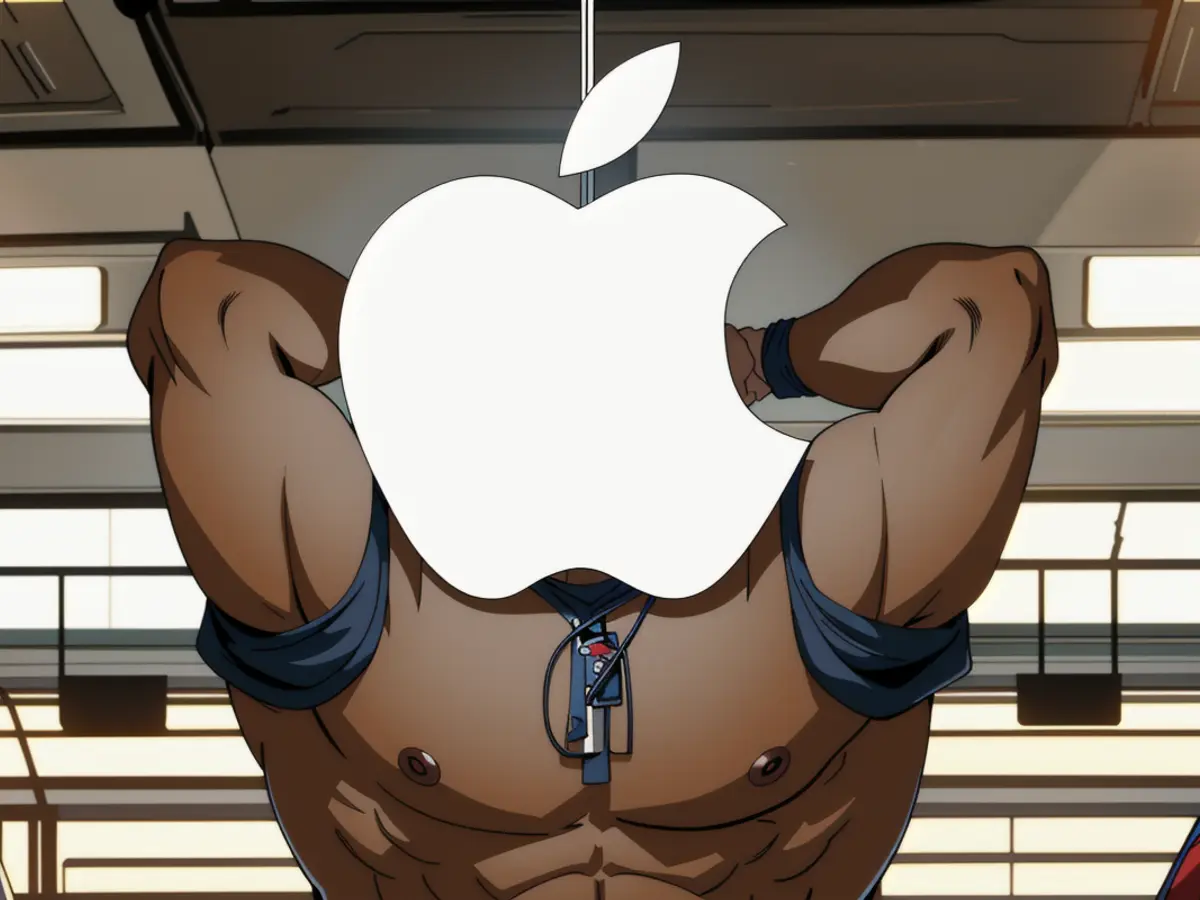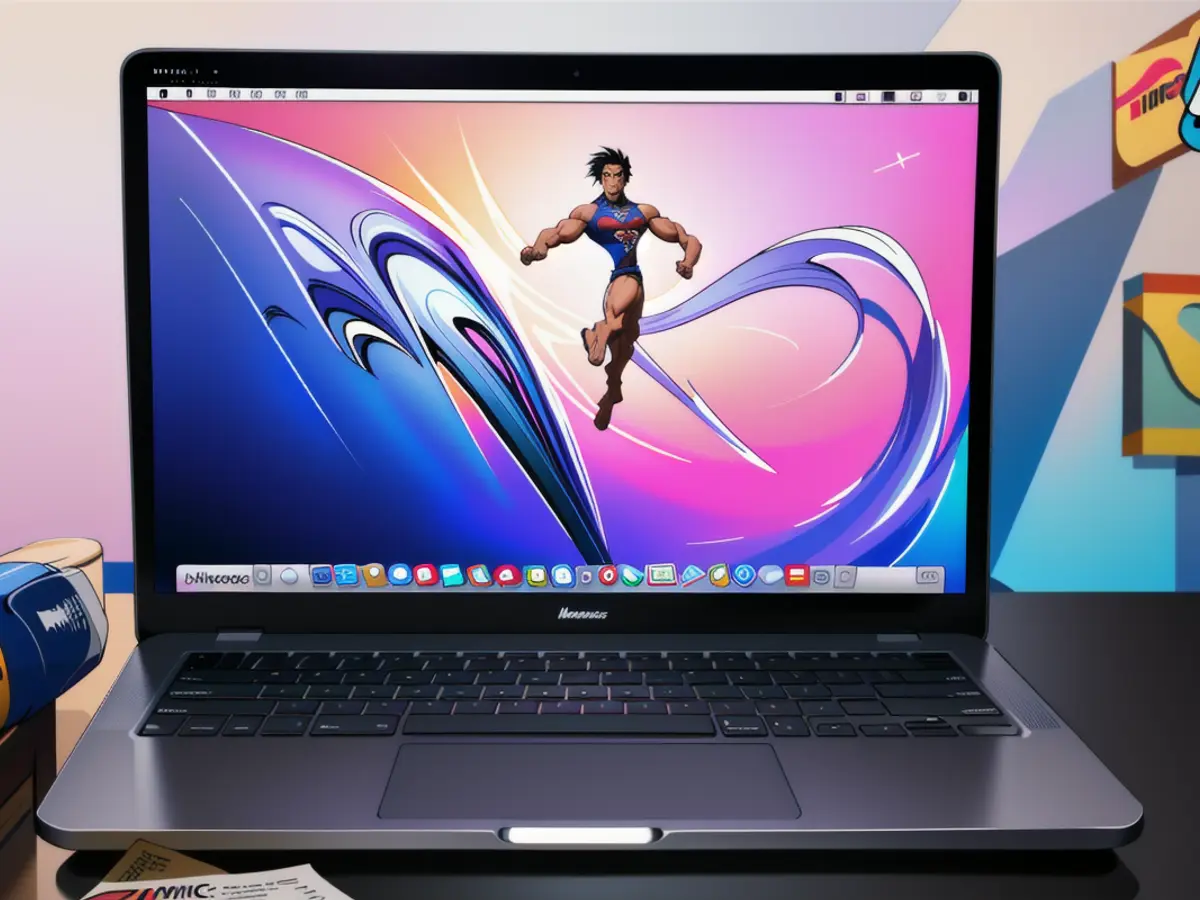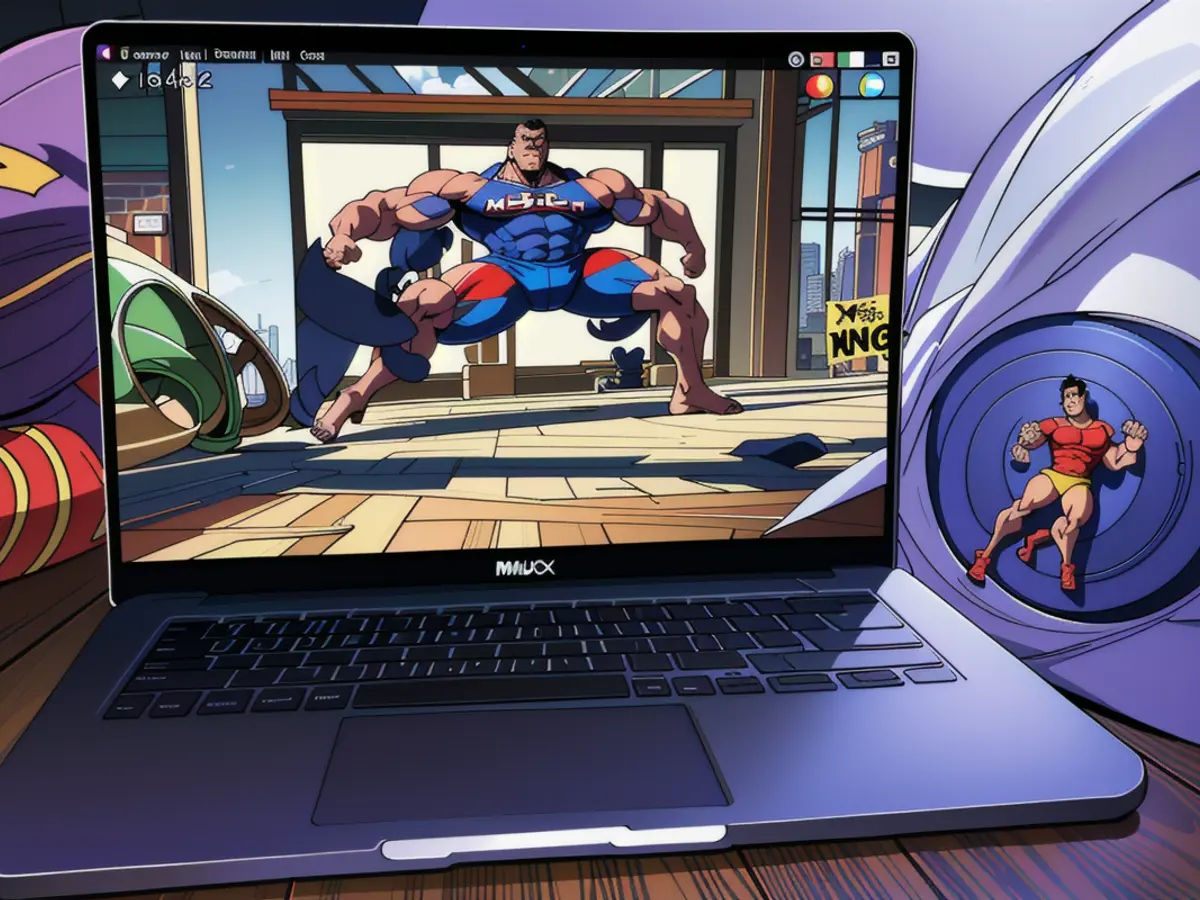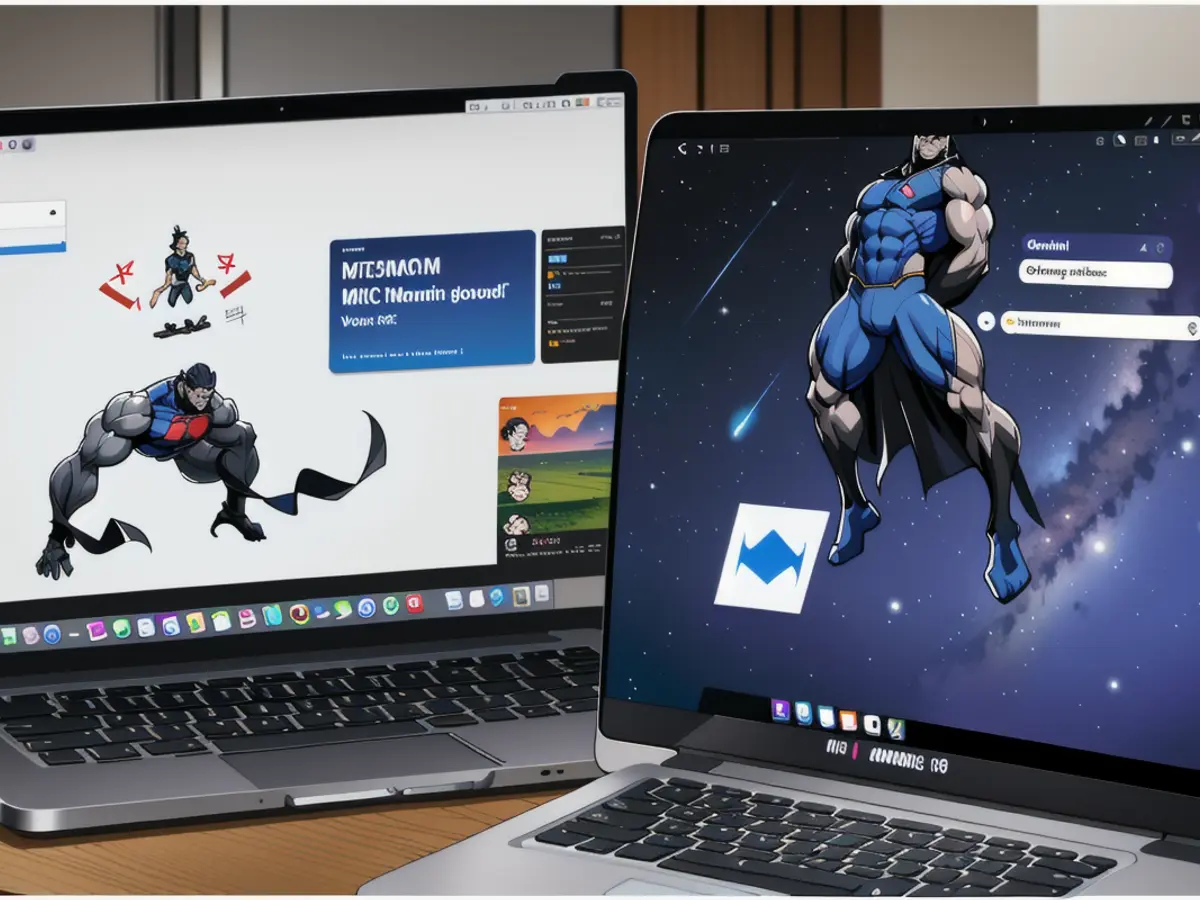Apple Acquires Self-Driving Car Innovator Drive.ai, Indicating Ongoing Interest in Autonomous Vehicles
It seemed like Apple was stepping away from the autonomous car game when they let go of around 200 employees from Project Titan back in January 2019. However, recent headlines suggest that they're revving up their engines with the acquisition of Drive.ai, reportedly to boost their self-driving car ambitions.
According to the San Francisco Chronicle, Drive.ai had been planning to shut down and lay off 90 staff members. But the tech giant swooped in and hired dozens of engineers from the startup before securing the full purchase, as confirmed by the paper. Previous reports hinted at Drive.ai's struggles, with a potential sale since February 2019. This acquisition, they specify, leans more towards an "acqui-hire," focusing on Drive.ai's talented team rather than their hardware and software.
Drive.ai had been working on transforming ordinary vehicles into self-driving ones, though their demo projects had mixed results. Their Arlington, Texas shuttle service and a test in Frisco garnered attention, especially when they removed human safety drivers from some vehicles, not long after an Uber prototype fatally struck a woman in Tempe, Arizona. But Drive.ai's value, once estimated at $200 million, dropped significantly before the Apple acquisition, with venture capital investments totaling $77 million.
Apple's interest in the autonomous car market isn't new; the company has been testing self-driving Lexus vehicles in California, although their intentions remain unclear. Some analysts believe that an Apple-branded car might not hit the streets until 2023 or 2025, while Tesla's Elon Musk believes the electric car giant could achieve Level 5 autonomy by next year, potentially outpacing Apple.
As the tech giant moves forward, competition with Tesla intensifies. If Apple successfully enters the market, it could shake up the electric vehicle industry, spurring innovation and change. But regulatory barriers, safety concerns, and public skepticism remain significant challenges for any autonomous vehicle project, including Apple's.
The acquisition of Drive.ai by Apple signals a shift in the tech giant's approach towards the self-driving car market, with a focus on leveraging the startup's talented team rather than its hardware and software. This move could potentially position Apple to enter the autonomous car market by 2025, challenging the dominance of companies like Tesla. However, the future of autonomous vehicles is not without its challenges, as regulatory barriers, safety concerns, and public skepticism remain significant obstacles. Apple's interest in the technology has been evident for some time, with testing of self-driving Lexus vehicles in California, although the company's intentions remain unclear.








